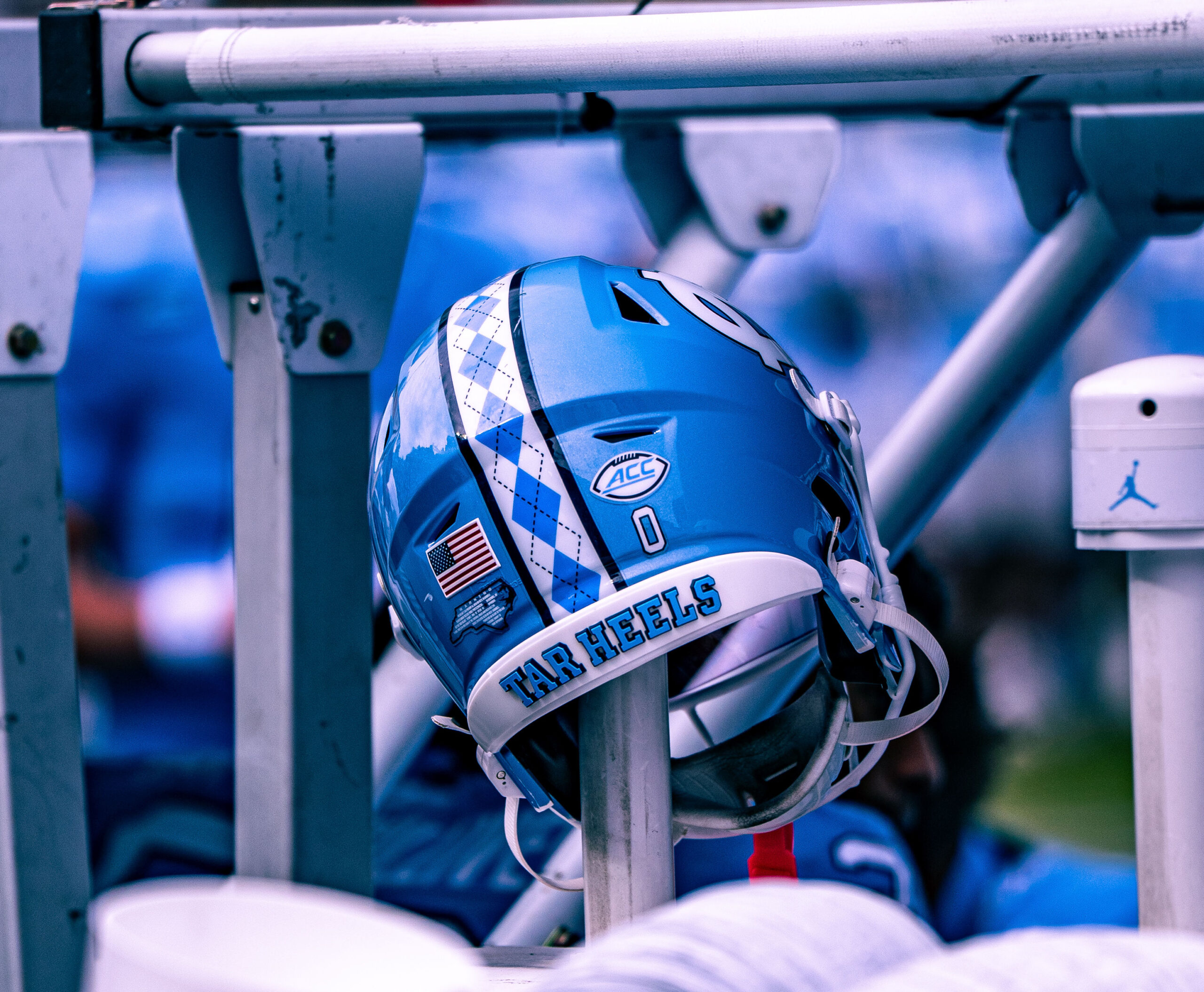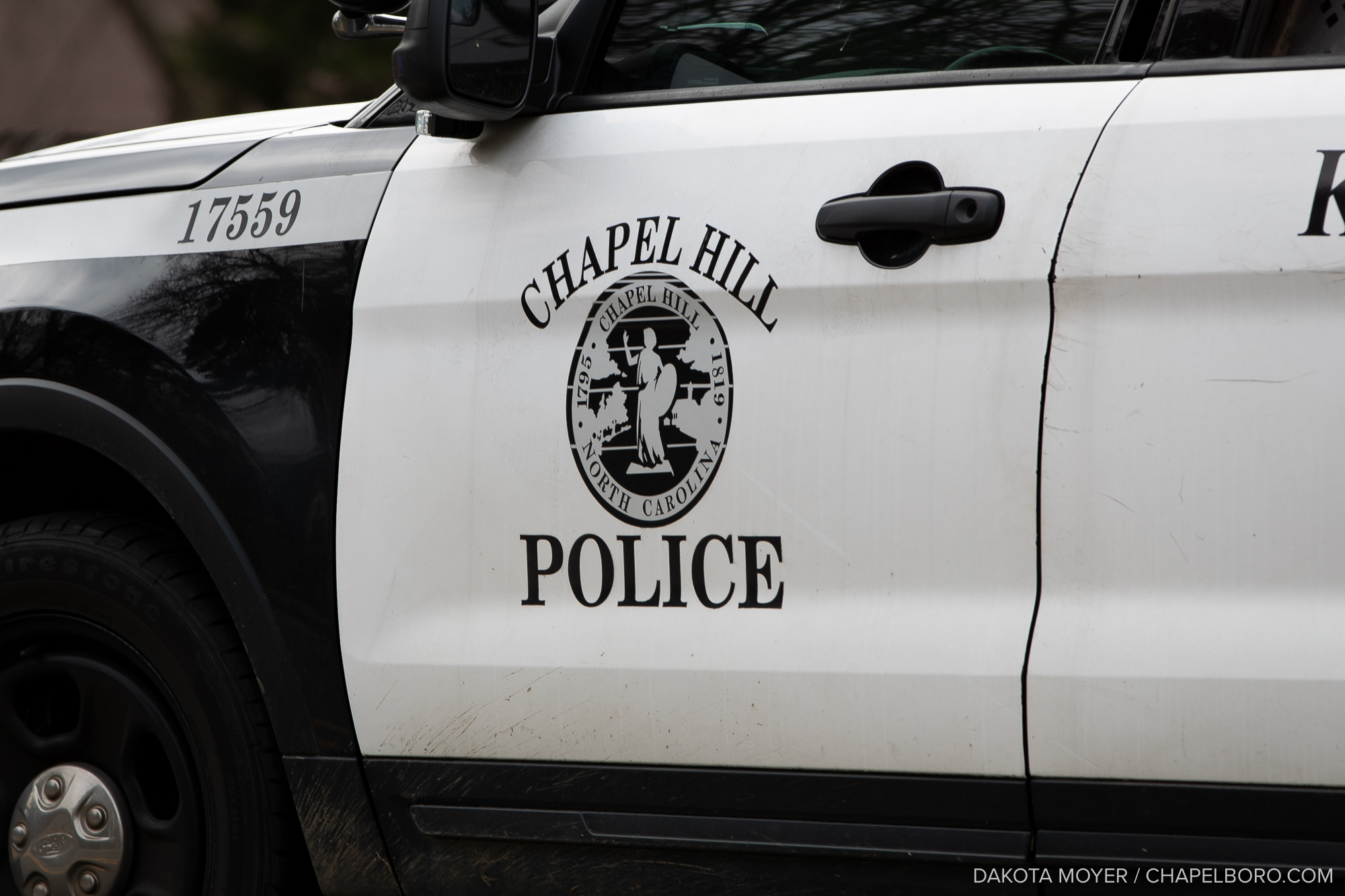UNC is implementing a new policy dealing with alcohol and substance abuse across the campus.
Vice Chancellor of Student Affairs Winston Crisp told the Board of Trustees University Affairs Committee that this effort was focusing on a particularly dangerous form of alcohol use, which Crisp called “high-risk drinking.”
“We’re not talking about underage drinking, sneaking a beer,” Crisp said. “We’re not talking about having a couple of drinks.
“We’re talking about drinking for the sole purpose of getting drunk.”
John Sauls is the Dean of Students at UNC and is leading the 26-member working group studying substance abuse on campus. He said the last time the issue was studied at Carolina was the mid-90s, when Sauls himself was a new alumnus.
“We recognized that the advent of high-risk dangerous drinking, the amounts that people drink, the availability of alcohol had really changed generationally,” Sauls said. “So we had to think about some of those things as we tackled it, and we organized these five major areas.”
Those five areas of focus for the new policy are education, prevention, intervention, accountability and treatment and recovery. Sauls said this model focuses more on alcohol and substance abuse as a public health issue rather than a law enforcement issue.
“Historically, campuses have tried to cite their ways out of this problem,” Sauls said. “[Thinking] if you just had more discipline, more efforts to give people citations, then perhaps that would curb the problem. All of the data nationally tells us that is not accurate.”
Sauls said UNC is in a unique position because of the availability of alcohol near campus.
“Within a two-mile radius of where we are, there are over 50 establishments that sell or serve alcohol,” Sauls said. “We are in an alcohol-dense environment, which is very much a factor in contributing to the overall environment.”
The meeting was being held one day after the one-year anniversary of a wrong-way crash on I-85 in Orange County that left three people dead. The car going the wrong way on the interstate was being driven by Chandler Kania – a 20-year-old UNC student at the time whose blood-alcohol content the night of the crash was .17, twice the legal limit to drive in North Carolina.
Sauls and Crisp said the university, the Town of Chapel Hill, Orange County and state officials are working together to tackle the issue of binge or high-risk drinking.
One innovative portion of the potential solution is hiring a clinical substance abuse counselor, which UNC is doing. Crisp said a “good portion” of the money to fund that new position was coming from the North Carolina Alcohol Law Enforcement agency.
The new policy is also comprehensive, meaning that it not only applies to students but everyone in the campus community. The new policy will go into effect on August 1.
A new website – alcohol.unc.edu – was also launched as part of this effort.
Related Stories
‹

No Timeline for Selling Alcohol as UNC Football Season ApproachesThere is plenty of hype going into the 2019 home opener for the UNC football team. Mack Brown is back as the head coach. And after a trip to Charlotte to open the new season against the South Carolina Gamecocks, UNC will open its home schedule with a night game against an ACC opponent. But […]
![]()
UNC - Chapel Hill Preparing to Allow Alcohol Sales During On-Campus SportsFans at Kenan Stadium and other UNC sporting events this fall will very likely have the option to purchase alcohol during the games. North Carolina Governor Roy Cooper signed into law this week changes that allow for colleges in the UNC System to sell alcohol at sporting events on campus, if the university’s board of […]
![]()
UNC Chancellor Carol Folt on SACS, NOA, Silent Sam and moreUNC Chancellor Carol Folt has just started her third academic year at the helm of UNC. She spoke with WCHL’s Blake Hodge about a number of campus-related topics. You can hear the different segments of the discussion below: Folt discusses her major priorities for the new year and a self-evaluation of her first two years […]
![]()
Alcohol-Related Incidents Keep Chapel Hill Police BusyAs the first week of classes at UNC wrapped up, it kicked off the first full weekend of parties with the full student body back on campus. And as the campus was filled with revelers, the UNC student charged in the triple-fatal wrong-way crash on I-85 in July was served new charges. The police blotter […]

'Together is The Only Path Forward': Orange County's Habitat for Humanity Hosts Affordable Housing SummitAmid a shortage of affordable housing – both locally and nationally – the Orange County chapter of Habitat for Humanity recently held a summit to discuss how leaders can collectively aim to better address the issue.

Chapel Hill Alerts Residents To Upcoming S. Columbia Road ClosureThe Town of Chapel Hill announced that a section of S. Columbia St. will be closed as UNC conducts maintenance on its steam tunnel system.

Multiple UNC Football Players Facing Reckless Driving ChargesSeveral UNC football players are facing charges of reckless driving, speeding and other violations. An investigation by WRAL, originally published Monday afternoon, reported that “nearly 20 percent” of UNC’s 101-man roster has been cited for speeding since October of 2024. The investigation named three specific players: linebacker Khmori House, safety Gavin Gibson and cornerback Thaddeus […]

Parking, Parties and Team History: What to Know Ahead of Mexico vs. Türkiye Soccer in Chapel HillThe men's national soccer teams of Mexico and Türkiye will meet in Chapel Hill Tuesday for a friendly. Here's what to know before you go.

Police: UNC Student Victim of Carjacking in W. Franklin Street Parking DeckChapel Hill Police are investigating the carjacking of a UNC student that took place early Saturday morning. No injuries are reported.

Honoring Chapel Hill's Black Builders: UNC Landmarks and the Local Faces Who Built ThemMaps are storytellers, but they can exclude certain narratives. Fowota Mortoo said that’s the case for Chapel Hill’s Black builders.
›








